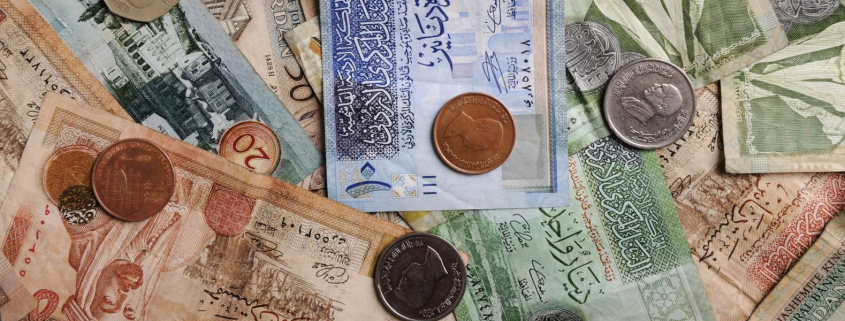Every month, the Miami Association of Realtors announces the top 10 foreign countries that use its website to search for Miami real estate.
As you might expect, this list typically features the “usual suspects” month after month, such as Colombia, Canada, Brazil, Venezuela, Argentina and France. However, the most recently published report (from January 2017) included an unfamiliar newcomer: Turkey, ranked at No. 7.
Miami has always attracted foreign buyers, and we are very used to seeing strong interest from Latin America and Europe. But this marked the first time that a Middle Eastern country was included among that report’s top 10.
While time and circumstances could make this inclusion an outlier, it is also a fairly good demonstration of Miami’s rising profile among wealthy and sophisticated real-estate buyers from that part of the world.
Last September, CBRE Capital Markets reported that commercial investment in Miami from the Middle East totaled $517 million between January and June 2016 alone, making it the 10th most popular global market for Middle Eastern investment during this time period, and the fifth most popular in the U.S.
Why Miami?
A number of factors have coincided to propel this dramatic increase in demand for Miami real estate from the region. First, turmoil and unstable governments throughout the Middle East have pushed wealthy families to seek more and varied residency options, beyond the usual “comfort zones” of London and New York.
Second, Miami is considered a relatively new city, with many recently-constructed buildings and houses that offer state-of-the-art amenities, which appeal to prosperous Arabs.
Third, with the recent addition of world-renowned luxury hotels, restaurants, architecture, retail and cultural offerings (Four Seasons, Zuma, Zaha Hadid, Art Basel, etc.), Miami now enjoys a higher level of sophistication than in years past.
And finally, more direct flights from Dubai, Doha and Istanbul have literally put Miami within reach for more Middle Eastern buyers.
Put all these elements together, and Miami is now viewed as a secure, modern, upmarket, accessible and (important for Middle Easterners!) warm American city, with reasonably-priced real estate and amenities curated for high net-worth individuals.
(Recent buyers from Turkey present specific and compelling evidence of this observation. A few years ago, there was a big spike in their attention to projects like the Four Seasons in Surfside and the Capri in South Beach — just around the time that Erdoğan was elected president and began seriously consolidating power in that country.)
Three Broad Categories
Miami’s Middle Eastern buyers fall into three broad categories:
- Wealthy individuals seeking pied-à-terres, to enjoy a few months of leisure
- Investors looking to purchase at big projects like the W Downtown and the St. Regis Bal Harbour
- Students attending college, usually at the University of Miami. Our country attracts many foreign students, and let’s face it — what 20 year-old wouldn’t love to spend four years here?
The really interesting phenomenon is that many of these Middle Eastern college students become the “gateway” for other family members, encouraging mom, dad, grandma and others to join them in Miami. Family is extremely important to Middle Eastern buyers, and real-estate professionals should be prepared to find housing for them that is suitable for and capable of expansion, or has more available units nearby.
No Trump Concerns
While President Donald Trump’s Middle Eastern travel/emigration policy (or “Muslim Ban,” as it has been described) draws international headlines and lots of cable news chatter, you might be surprised to know that clients from that region pay it little attention.
Prosperous Middle Eastern individuals do not feel unfairly “targeted” in any respect and feel no need to protest or complain. Their concerns are about finding safe, secure and reliable investments should they need to flee their home countries due to political, religious or military turmoil. This would be the case regardless of who occupies the White House.
While the region continues to be very unstable and capable of dramatic change, a mass influx of Middle Eastern buyers is not expected to Miami in the near or distant future. However, the trend of more wealthy individuals choosing Miami over major U.S. cities like New York or Los Angeles is here to stay, and Turkey and other Arab countries may become regulars on that list of online real-estate Web searchers.
Source: Miami Herald

